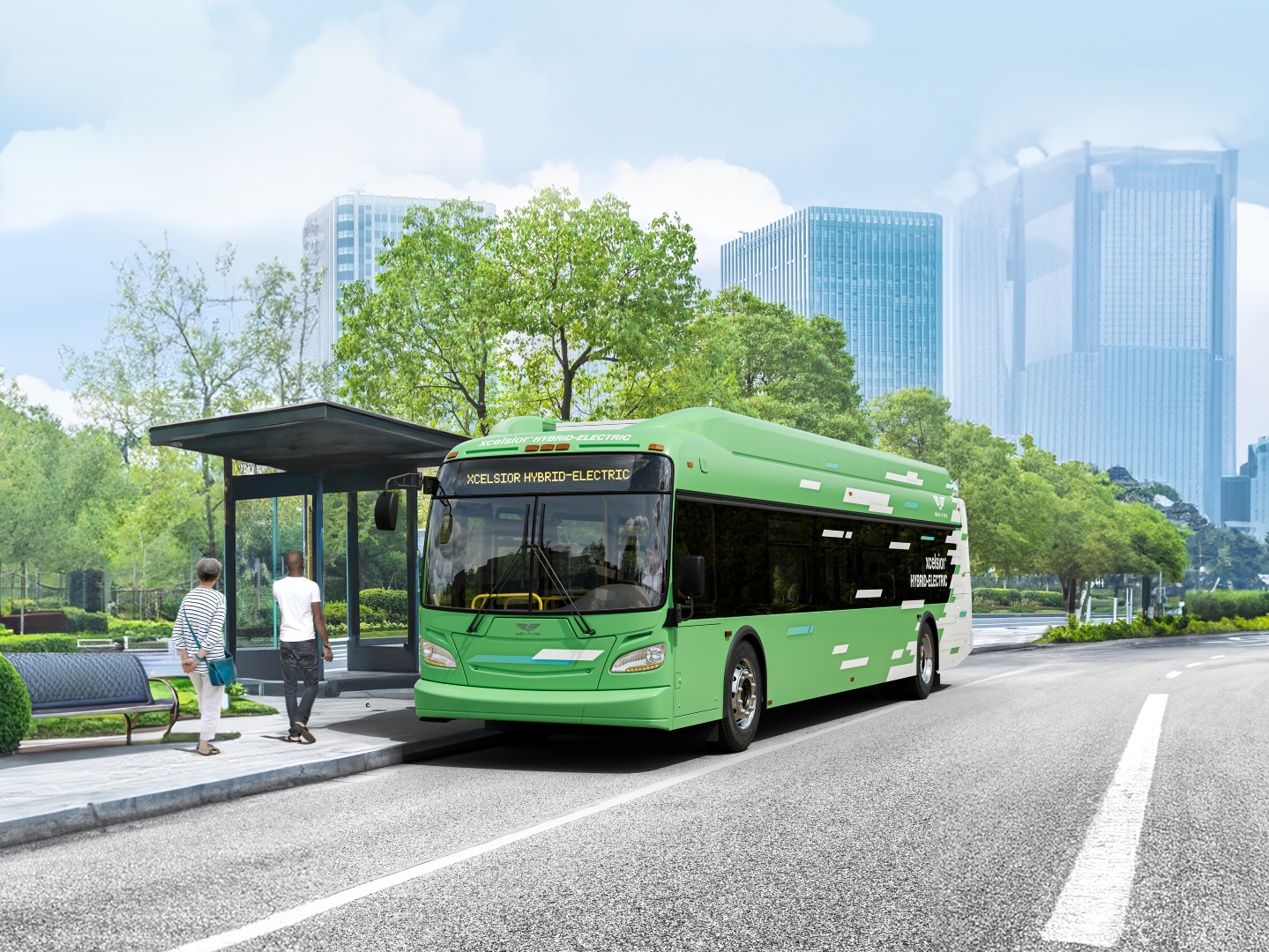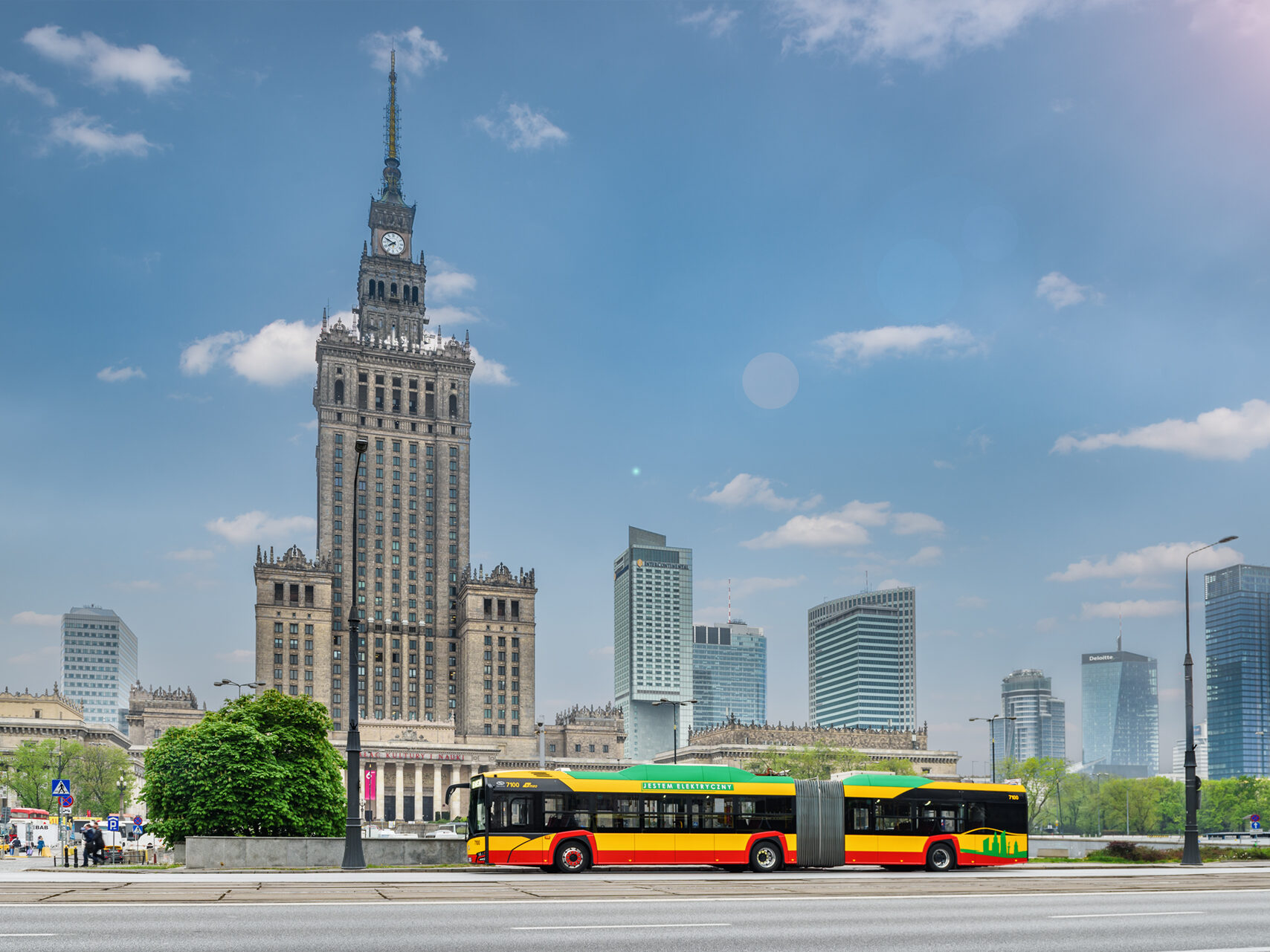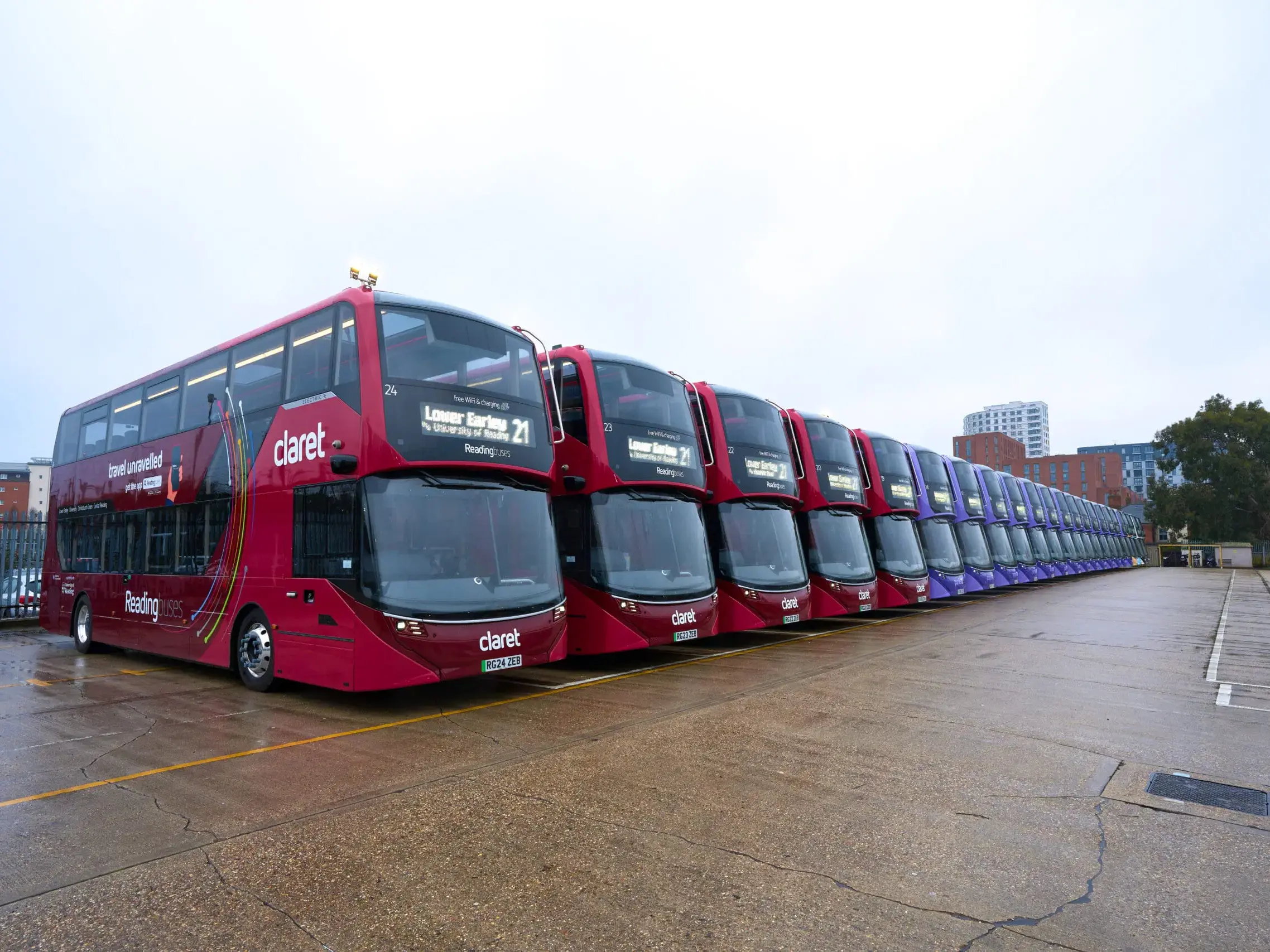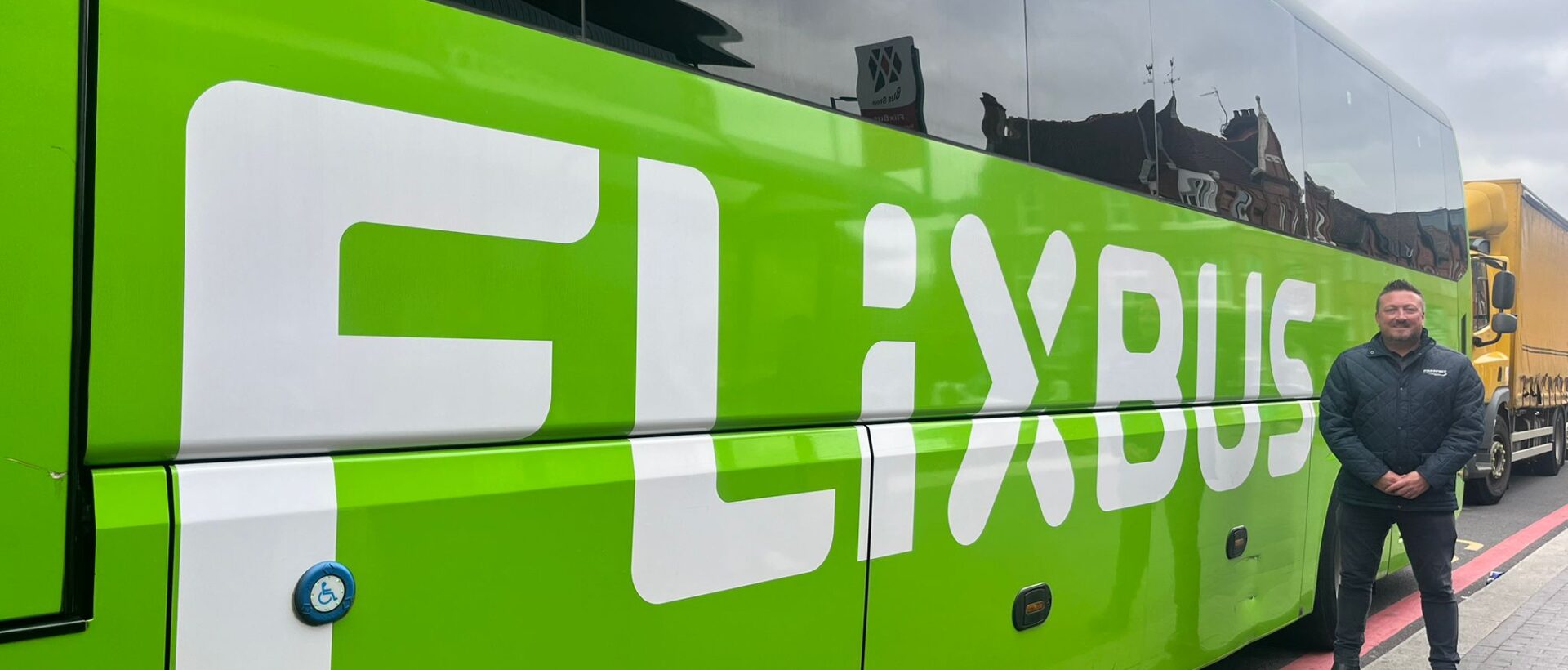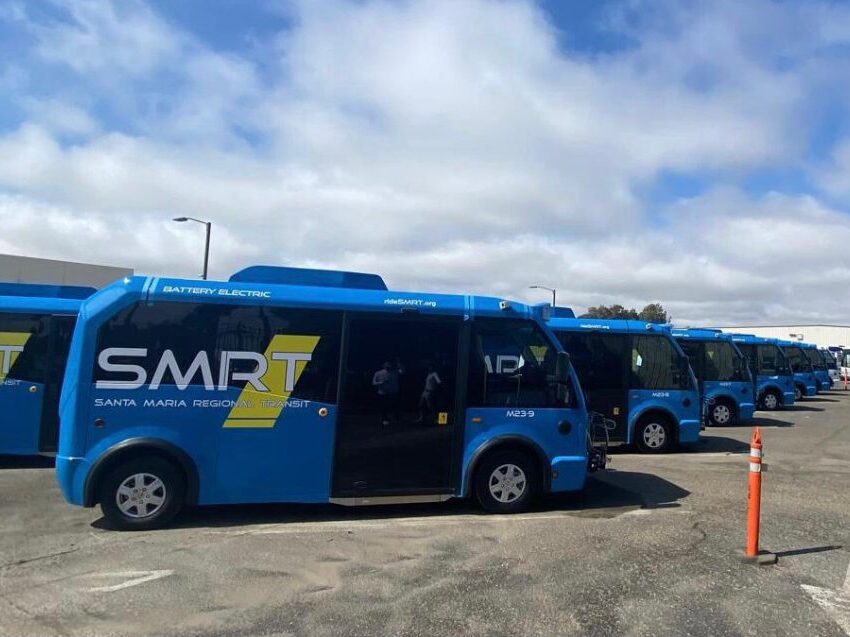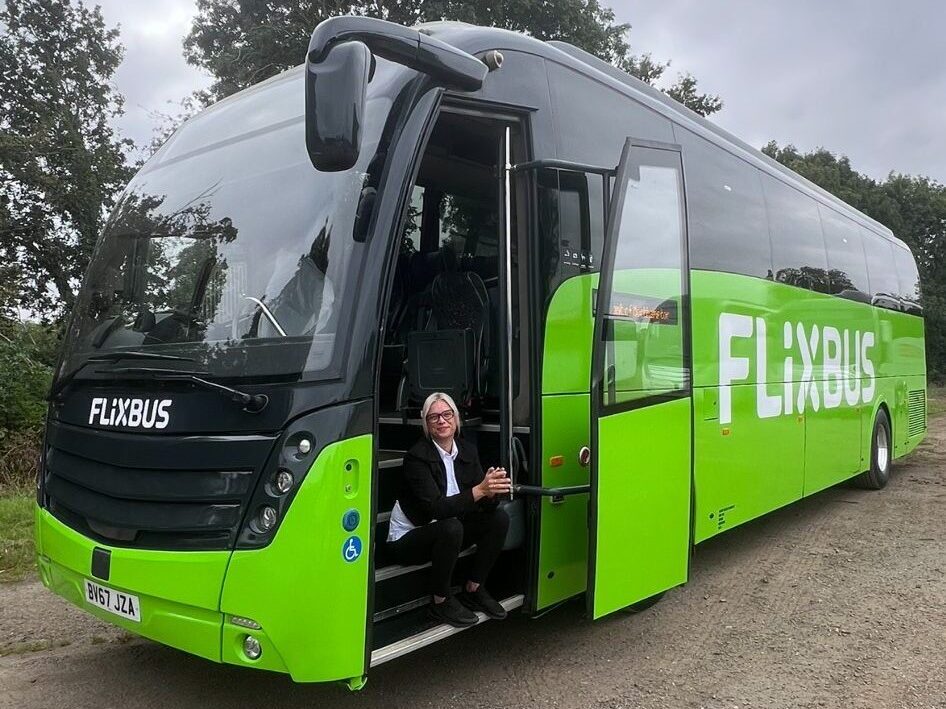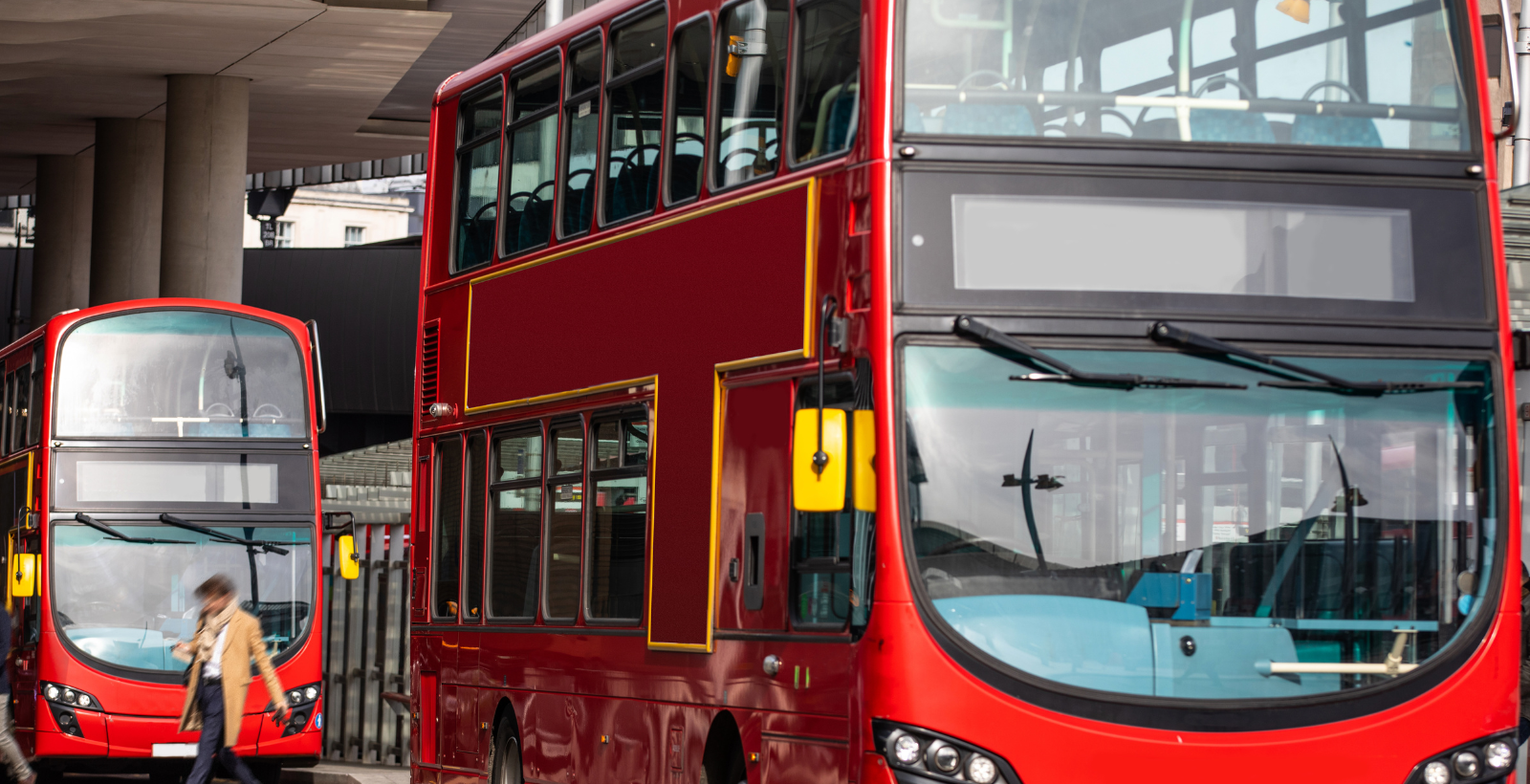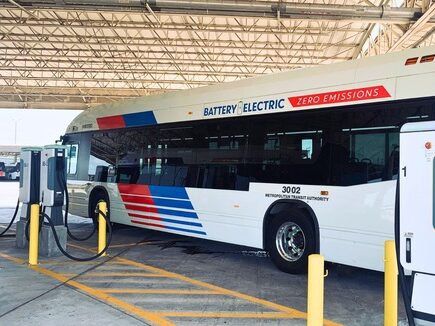Flix North America Inc., the parent company of FlixBus and Greyhound, has partnered with Green Energy, a global solar company, to install roof-mounted solar panels on its intercity buses.
This move is part of Flix’s broader commitment to providing sustainable and affordable travel solutions. It will see Flix launch a pilot programme to test the new technology on buses operating between Houston and Dallas and between Houston and New Orleans.
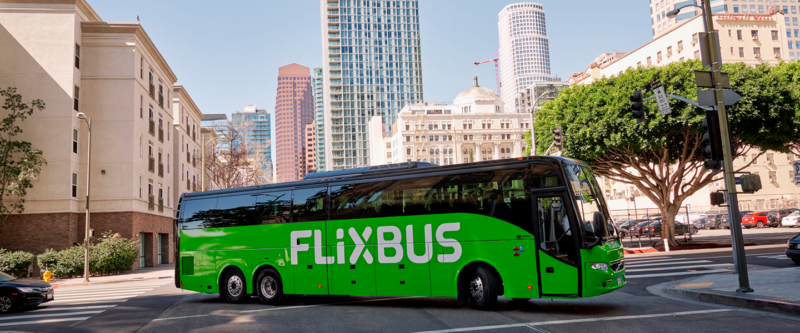
Based on the success of this trial, Flix plans to expand the use of solar panels across more markets in the United States in the near future.
Jay Miller, head of business development, west region at Flix North America said:Environmentally responsible operations are a core value for Flix, and we’ve been consistently pushing the boundaries of intercity transportation with innovative solutions that can help us reduce our impact. Building on the success we’ve seen with our European fleet, we’re thrilled to expand our partnership and bring this technology to the US in yet another key step toward achieving our sustainability goals.
By integrating solar panels into its buses, Flix aims to realise multiple environmental benefits:
- Reduced idling and diesel consumption
- Lower carbon dioxide emissions
- Extended battery life for buses
The company will also implement real-time monitoring of solar energy production and savings through an Internet of Things (IoT) solution. This technology will enable Flix to gather and analyse data on energy savings and carbon emission reductions, helping the company further refine its sustainability efforts.
James Armstrong, President & CEO of the Americas at Green Energy said:Expanding the use of solar panels on buses across the United States, Flix and Green Energy demonstrate how innovation, sustainability, and profitability can go hand in hand. This partnership is a great example of how modern technology can contribute to a more sustainable future for the transportation and long-distance travel industry.
This initiative is part of Flix’s broader sustainability strategy, which includes reaching net zero by 2040 in Europe and by 2050 globally.











